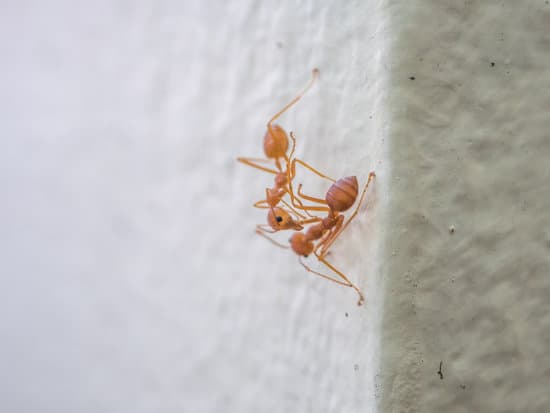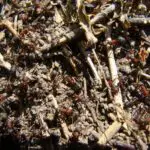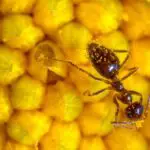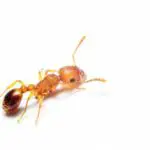How Do Ants Bite?
Having an ant bite can be painful and uncomfortable. Ants are predators that feed on plants and other small animals. They also use their antennae to taste and explore their surroundings. Some species also sting. However, most ant bites are harmless.
Some ant species use their stingers to deliver venom. These stings are painful and can cause an allergic reaction. In addition, venom can cause swelling and itching at the bite site.
In addition, venom can also cause breathing problems and dizziness. In severe cases, the venom can be life-threatening. You should seek medical attention immediately if you experience any of these symptoms. You should also use an EpiPen to reverse the effects of ant bites.
Ants usually bite your feet. However, they can also bite your hands or arms. You should not scratch ant bites. Scratching the wound can cause the skin to break. You should wash the area with soap and water and apply a cold compress to reduce swelling.
Ants can also bite you inside the house. Formic acid, the venom of some species, causes irritation and redness. If you are allergic to formic acid, you may experience a severe reaction. The venom can also cause nausea and dizziness.
Some species also inject acid under the skin. Other species spray formic acid onto the skin. Ants can also inflict a bite through clothing. If you have an ant bite, wash the area with soap and water and apply antibacterial soap.








